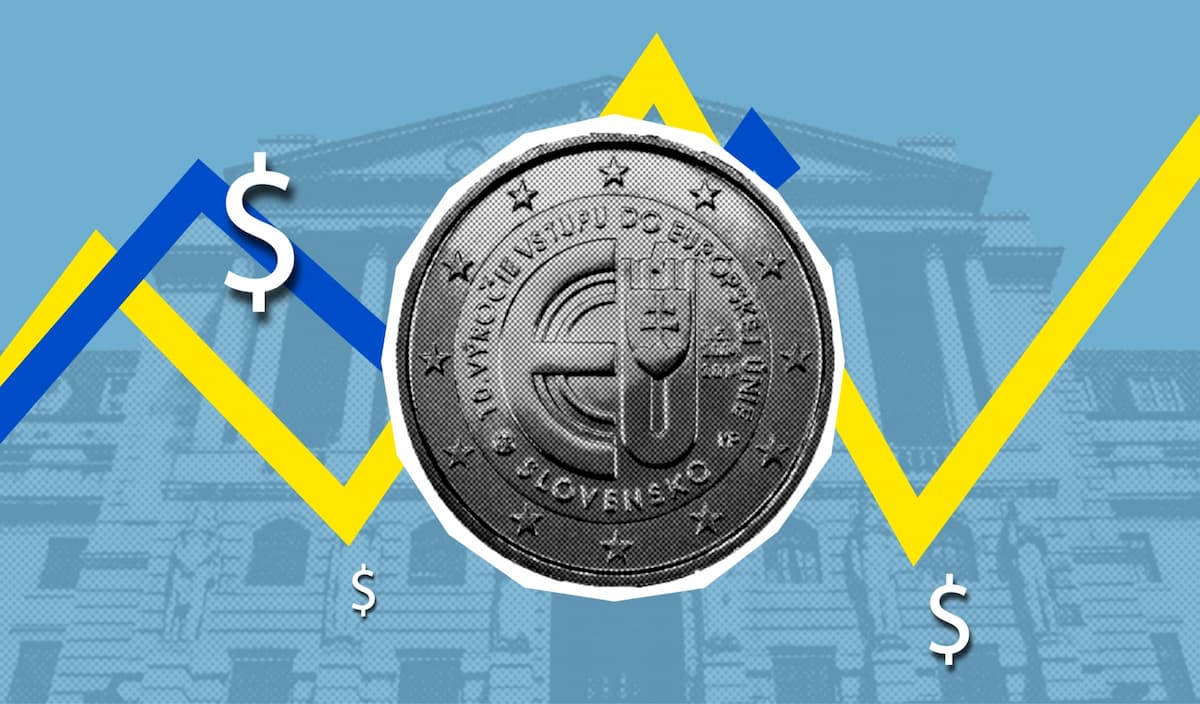The foreign exchange rate is among the most essential ways a nation’s economic health is determined. It provides an insight into a country’s economic stability. That’s why it’s constantly watched and analyzed.
If you intend to send or receive funds from overseas, then you need to constantly check the currency exchange rates. Here, we’ll explain the exchange rate and discuss the factors that influence it.
Become an insider. Subscribe to our newsletter for more top trending stories like this!
Join our Spotcovery Global Black Community Facebook Group for early access to exclusive content and to share in a lively discussion.
Overview Currency Exchange Rates
A foreign exchange is a unit of measurement that weighs how much you can convert one currency to another. The exchange rate can fluctuate daily based on market demand and supply of currencies from one country to another.
Moreover, a country’s foreign exchange fluctuation usually affects its trading relationships with other countries. For example, if a country has a high-valued currency, its imports will be less expensive, while its exports will be more expensive in foreign markets.
On the other hand, low-valued currency makes a nation’s imports more expensive and its exports less expensive. This is the reason countries worry about market movement and its effect on their currencies. To learn more about the global currency exchange rate, check these guides on Amazon.
People Also Read: Money Exchange in Somalia: Where Cash Changes Hands in the Open Streets
5 Factors Influencing Currency Exchange Rates
All currencies don’t have equal values. Some are more valuable than others, especially the British pounds, Euros, and Dollars. Here are the five main factors that can affect currency exchange rates.
Inflation Rates
Perhaps inflation is the most crucial factor. Inflation weighs how much more expensive goods and services have become over a certain period, usually a year. When a country faces a high inflation rate, its citizens’ purchasing power reduces as well.
Generally, the currency value of a country with lower inflation is better compared to the one with a high inflation rate. Here are some books on Amazon that have covered inflation rates in detail. You can get one or two to learn about the topic.
Government/Public debt
A country’s debt rating is another critical factor influencing its currency exchange rate. While it’s natural for a country to owe, the amount owed shows whether a country is heading towards recession or inflation.
A good number of foreign investors won’t invest in a country with large government debt and public deficits. Additionally, the fear of debt default can make investors sell the bonds denominated in that currency.
This will lead to a fall in the value of the country’s currency exchange rate. In some cases, the government may need to print funds to pay part of its large debt, which can also result in inflation.
Political Stability
Besides economic-related issues, political factors can also influence a country’s currency exchange rate, and one such factor is political stability. Foreign investors are more attracted to invest in a politically stable country.
Become an insider. Subscribe to our newsletter for more top trending stories like this!
When foreign investors invest in a country, it boosts the host country’s domestic currency. On the other hand, a country struggling with political turmoil will have fewer foreign investors, leading to a depreciation in its domestic currency.
People Also Read: Seamless Transactions: 6 Best Money Transfer Apps to African Countries
Interest Rates
There’s also a strong relationship between interest rates, inflation, and exchange rates. Central Banks and governments have the power to influence exchange rates. One of the ways they do it is by raising interest rates.
A good example of this is “Hot Money.” This involves moving funds from one country to another to make a short-term profit from the difference in interest rates. When the interest rate is high, the currency becomes more attractive, and its value increases.
The Stock Market
Both the foreign exchange and the stock markets are the most financially traded markets worldwide. Investors are usually happy when a domestic stock market rises because it shows that the country’s economy is in good health.
When that’s the case, there’ll be increased interest from foreign investors, and the demand for the local currency will also rise. Foreign investors will likely pull out their funds when a country’s stock market is underperforming.
Generally, foreign currency exchange rates will always fluctuate. That’s why it’s essential that you understand why they do so and use it to your advantage. The five factors that we have covered here are the basic reasons for the exchange rate movement.
Here are some books on Amazon that explore the topic in more detail. You can get one or two to educate yourself more on the topic.
People Also Read: 5 Best Stock Exchanges in Africa
Nearly 80% of consumers visit directories with reviews to find a local business. List your business for free in our exclusive Spotcovery Black-Owned Business Directory.
Spotcovery offers unique and fresh daily content on Black culture, lifestyle, and experiences. We talk about everything black, black people, black-owned, and black-owned businesses. We also deliver authentic and relevant content that will inform, inspire and empower you! The future of black media is critical to today’s black experience! Our primary audience includes African Americans, Africans, Afro-Caribbean, and people of African heritage. Black culture is for the culture!
Become an insider. Subscribe to our newsletter for more top trending stories like this!





